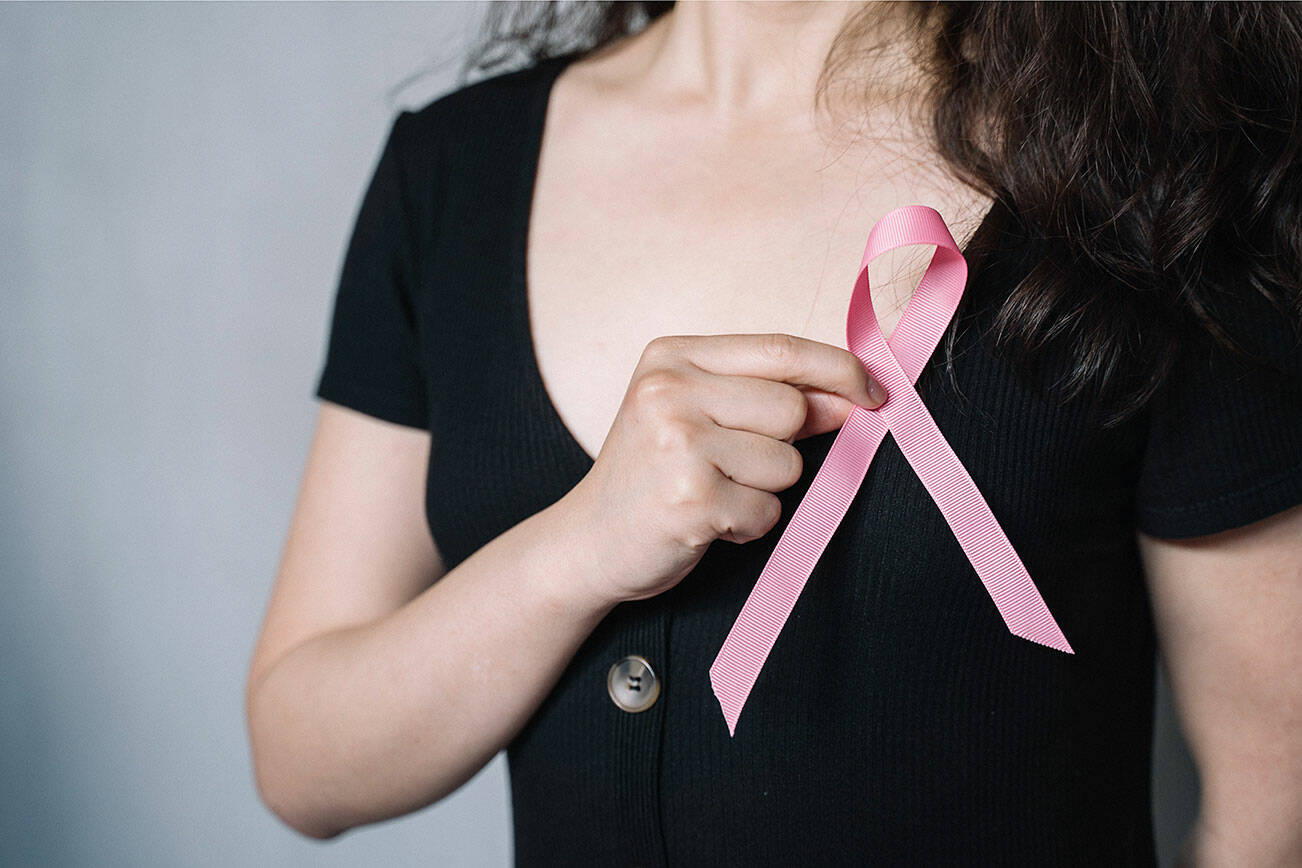Washington women were more likely to be diagnosed with breast cancer despite receiving fewer mammograms than the national average in recent years, according to a new report from the American Cancer Society.
About 137 women per 100,000 Washington residents were diagnosed with breast cancer between 2017 and 2021, the ninth-highest rate in the nation.
But only 64% of the state’s women ages 40 and older received mammograms from 2021 to 2022, putting Washington at the 10th-lowest screening rate in the country.
The latest guidance from the U.S. Preventive Services Task Force, a panel of experts who make disease prevention recommendations, says that women at average risk for breast cancer should receive a mammogram every two years between the ages of 40 and 74. But that guidance didn’t come out until April 2024. Previously, the guidance said to start mammogram screenings at age 50.
Nationwide, breast cancer diagnoses are rising, with the steepest increase among women younger than 50 years and Asian American or Pacific Islander women of all ages.
Despite high rates of diagnosis, Washington’s rate of mortality is slightly lower than the national average, according to 2018 to 2022 data in the report.
Washington is also one of the few states in the country where breast cancer mortality rates are not significantly higher for Black women. Nationwide, Black women have a 38% higher breast cancer mortality rate than white women.
However, in both Washington and nationwide, Black women are diagnosed at lower rates, which means the state’s Black women who have breast cancer are still more likely to die of breast cancer than their white peers.
Still, fewer mammograms and more breast cancer diagnoses in Washington underscore the need for improved access to care, said Audrey Miller García, government relations director at the American Cancer Society – Cancer Action Network, the society’s advocacy arm.
Garcia praised the state’s efforts to expand Medicaid coverage and the insurance commissioner’s work ensuring private companies provide “quality coverage,” arguing that those policies have contributed to Washington’s lower mortality rates.
But she said more work needs to be done to improve mammogram wait times and increase Medicaid reimbursements so more doctors can take on low-income patients, who have higher mortality rates from breast cancer.
In Washington, transportation is a big barrier to care, García said, particularly for Native people.
The American Cancer Society’s report did not include state demographic data on Native people, but the national data showed that Native communities are the only racial and ethnic demographic where mortality rates have not improved over the last three decades.
Across the country, only 51% of American Indian and Alaska Native women 40 years and older had a mammogram from 2020 to 2022 compared to 68% of white women.
The American Cancer Society – Cancer Action Network is also asking lawmakers to pass legislation requiring insurers to cover biomarker testing, a method that allows doctors to receive detailed information about a person’s individual cancer and create targeted treatments. The bill stalled last year.
“Biomarker testing has had some really incredible results when it comes to specifically breast cancer,” García said. “There are so many types of breast cancer…not one breast cancer patient is going to need the same treatment.”
García also said biomarker testing is especially important given longer wait times for mammograms in Washington, which means patients are more likely to be diagnosed at a later stage of cancer — making subsequent testing and treatment more urgent.
“If you’ve done biomarker testing, there won’t be a waste of time,” García said. “Time is of the essence.”
–
Washington State Standard is part of States Newsroom, a nonprofit news network supported by grants and a coalition of donors as a 501c(3) public charity. Washington State Standard maintains editorial independence. Contact Editor Bill Lucia for questions: info@washingtonstatestandard.com. Follow Washington State Standard on Facebook and Twitter.
Talk to us
Please share your story tips by emailing editor@kentreporter.com.
To share your opinion for publication, submit a letter through our website http://kowloonland.com.hk/?big=submit-letter/. Include your name, address and daytime phone number. (We’ll only publish your name and hometown.) Please keep letters to 300 words or less.

